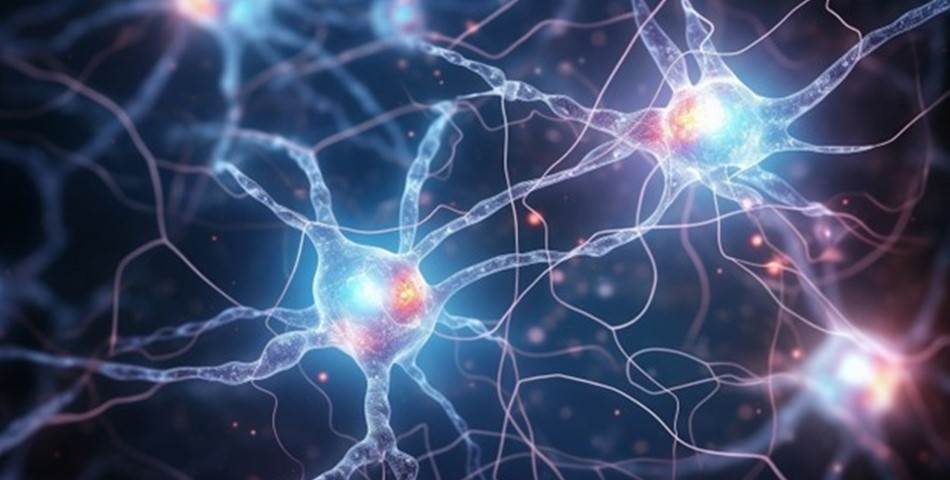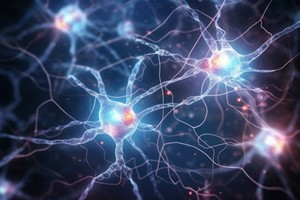A recent study from the lab of the University of Kentucky’s Sanders-Brown Center on Aging Director Linda Van Eldik, Ph.D., has been published in PLOS ONE.
The work centers around the idea that various anti-inflammatory drugs could be effective treatments for Alzheimer’s disease (AD).
This study focused on a protein known as p38. Many labs have been working with this protein as a potential target for drug development to treat Alzheimer’s disease and other conditions with neuroinflammatory dysfunction.
Van Eldik and her team used genetic techniques to stop the production of p38 in the major immune cell type within the brain, the microglia. They tested the effects of this in an early-stage mouse model of AD to determine whether it would alter the trajectory of amyloid plaque formation, a major component of AD pathology.
While the plaques themselves were not affected, the amount of microglia in proximity to these plaques was decreased, suggesting that suppression of microglial p38 may affect their interactions with aspects of AD pathology.
Some classes of anti-inflammatory drugs include p38 inhibitors, which are currently under clinical development and have shown encouraging results during recent human clinical trials.
However, it is still not clear when during the disease process these p38 inhibitors should be administered and whether long-term suppression of p38 is harmful.
The findings reported by the Van Eldik lab indicate that early inhibition of p38 may be able to alter interactions between brain immune cells and AD pathology, and they suggest that long-term suppression of p38 does not cause noticeable adverse effects.
Early chronic suppression of microglial p38α in a model of Alzheimer’s disease does not significantly alter amyloid-associated neuropathology
The p38 alpha mitogen-activated protein kinase (p38α) is linked to both innate and adaptive immune responses and is under investigation as a target for drug development in the context of Alzheimer’s disease (AD) and other conditions with neuroinflammatory dysfunction.
While preclinical data has shown that p38α inhibition can protect against AD-associated neuropathology, the underlying mechanisms are not fully elucidated. Inhibitors of p38α may provide benefit via modulation of microglial-associated neuroinflammatory responses that contribute to AD pathology.
The present study tests this hypothesis by knocking out microglial p38α and assessing early-stage pathological changes. Conditional knockout of microglial p38α was accomplished in 5-month-old C57BL/6J wild-type and amyloidogenic AD model (APPswe/PS1dE9) mice using a tamoxifen-inducible Cre/loxP system under control of the Cx3cr1 promoter.
Beginning at 7.5 months of age, animals underwent behavioral assessment on the open field, followed by a later radial arm water maze test and collection of cortical and hippocampal tissues at 11 months.
Additional endpoint measures included quantification of proinflammatory cytokines, assessment of amyloid burden and plaque deposition, and characterization of microglia-plaque dynamics. Loss of microglial p38α did not alter behavioral outcomes, proinflammatory cytokine levels, or overall amyloid plaque burden.
However, this manipulation did significantly increase hippocampal levels of soluble Aβ42 and reduce colocalization of Iba1 and 6E10 in a subset of microglia in close proximity to plaques.
The data presented here suggest that rather than reducing inflammation per se, the net effect of microglial p38α inhibition in the context of early AD-type amyloid pathology is a subtle alteration of microglia-plaque interactions. Encouragingly from a therapeutic standpoint, these data suggest no detrimental effect of even substantial decreases in microglial p38α in this context.
Additionally, these results support future investigations of microglial p38α signaling at different stages of disease, as well as its relationship to phagocytic processes in this particular cell-type.










